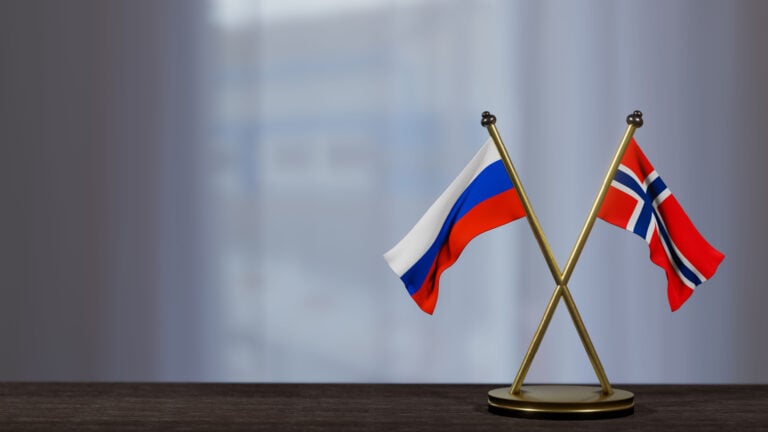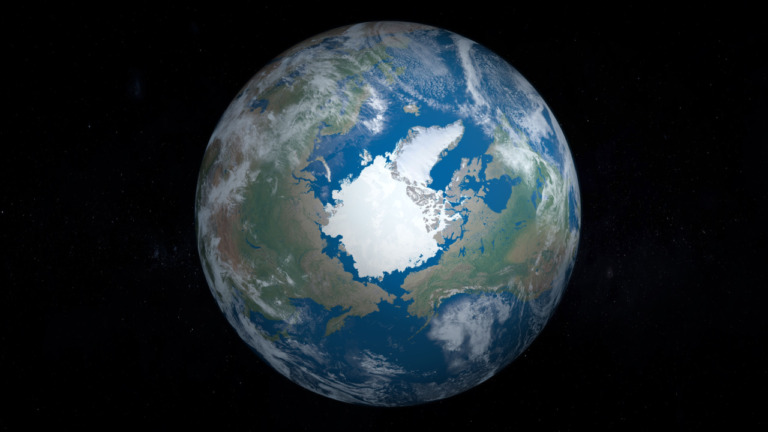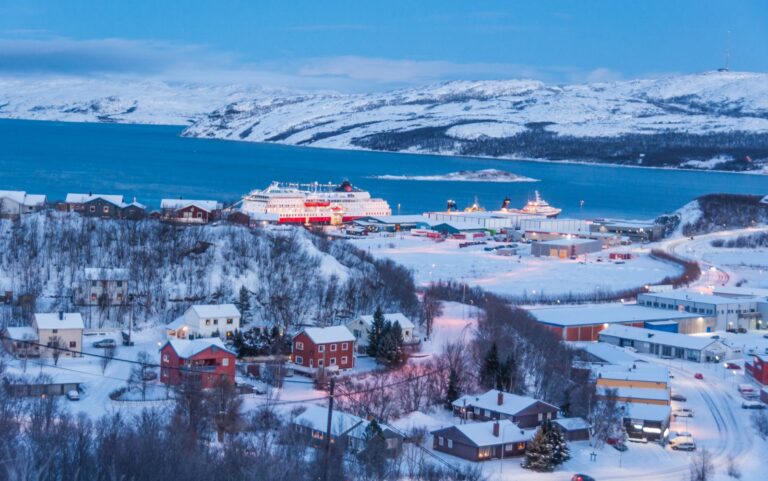Amid tensions with Russia, Norway has taken over the role of chair of the Arctic Council. Here's what that means for relations in the Arctic region.
Norway has taken over the leadership of the Arctic Council, a key body for cooperation in the increasingly important Arctic region. The handover from Russia took place on Thursday, in a rather quiet online ceremony due to the current geopolitical unrest.

The Arctic Council, established in the 1990s, plays a crucial role in bringing together eight Arctic nations – Canada, Denmark, Finland, Iceland, Norway, Russia, Sweden, and the US.
This council focuses on important matters like environmental protection, sustainable development, and the well-being of the region's Indigenous Peoples such as the Sami.
However, following Russia's invasion of Ukraine in 2022, the other seven nations decided to pause their work with Russia, leaving many Council projects on hold.
A tense time in the Arctic region
Taking over from Russia, Norway now faces the challenge of managing the Council during a delicate time. The region is not just a hotbed of geopolitical interests, but is also facing significant impacts from climate change.
Read more: The Norway-Russia Border
Norway's Senior Arctic Official Morten Høglund acknowledged the task ahead: “Probably, the most important outcome of our time as chair will be that we make sure that the Arctic Council survives.”

Russia's exit from the Council underlines the high stakes. Nearly half of the Arctic's population and over half its coastline are Russian, meaning any decisions made without Russia's input might lack effectiveness.
“Can regional governance be truly meaningful and effective at a circumpolar level if an Arctic state as large as Russia were not at the table?” questioned Dwayne Ryan Menezes of the think tank Polar Research and Policy Initiative.
Norway's plans for the Arctic Council
Despite these challenges, Norway is keen on taking a pragmatic approach. Norwegian Foreign Minister Anniken Huitfeldt stated, “Political contact with Russia is impossible, but we will continue to relate with the country in an orderly and predictable way in the Arctic Council.”
As Norway steps into this crucial leadership role, it has outlined four key priorities for its tenure: the oceans; climate and environment, sustainable economic development; and people in the North.
Norway’s Prime Minister, Jonas Gahr Støre, has also hinted at the possibility of inviting Russia back, stating that “there may come a time to move forward again.”

Meanwhile, other countries like China are watching the situation closely. China has expressed hope for Norway to restore the council’s cooperative work and has vowed to “play a constructive role.”
The work of the Arctic Council is not at a complete standstill. Projects that do not include Russian participation were resumed in June 2022.
As Norway takes the helm of the Arctic Council, it symbolizes a beacon of hope for continued cooperation and progress in the face of geopolitical and environmental challenges. It's a reminder that, even in difficult times, nations can come together to protect our planet and its people.




